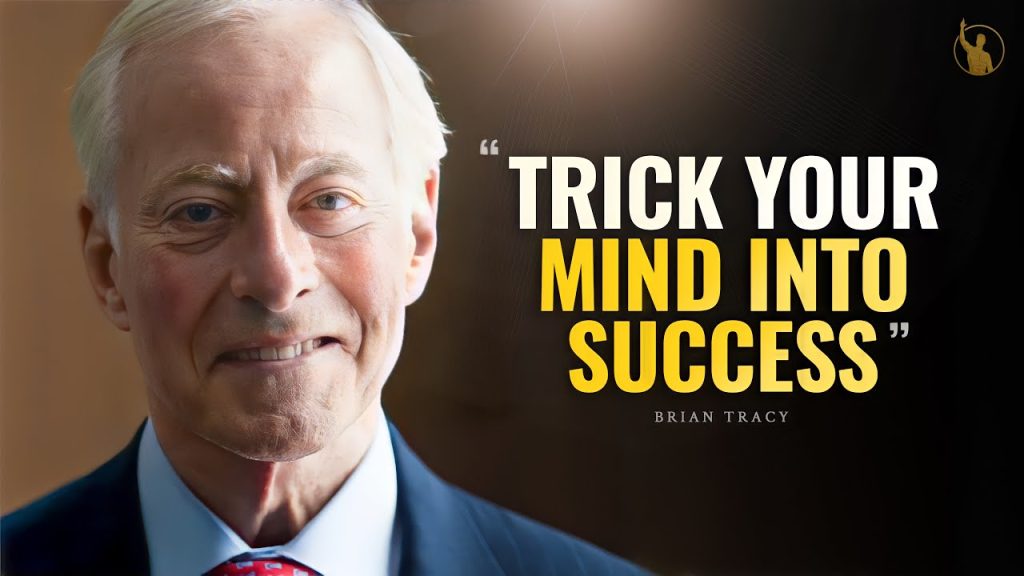In today’s competitive business world, success is often attributed to the ability to focus on high-potential tasks. The number one reason for success is focusing on things that have high potential consequences, while the number one reason for failure is focusing on things that have low or no potential consequences. As Carl Schramm of the Marion and Ewing Coffin Foundation points out, much of what is taught in entrepreneurship faculties is nonsense, including the belief that business plans are essential for success. Many successful businesses were started without them, emphasizing the importance of focusing on high-potential tasks to achieve success.
Shortcutting the Learning Curve
Building a successful business takes time and dedication, often requiring years of hard work and perseverance. However, by focusing on high-potential tasks, entrepreneurs can shortcut the learning curve and accelerate their path to success. This means identifying the critical areas of the business that require attention and dedicating resources and efforts to these tasks, rather than spreading oneself too thin across various areas that may not have a significant impact on the business’s success.
The Importance of Focusing in Today’s Fast-Moving World
In today’s fast-moving world, the ability to focus is becoming increasingly important. With distractions everywhere, from social media to email notifications, it can be challenging to stay on task and accomplish critical objectives. However, successful entrepreneurs know the importance of being able to focus and dedicating uninterrupted time to high-potential tasks. This allows them to achieve their objectives faster and with greater efficiency, ultimately leading to more significant success in the long run.
The Focal Point Program

One program that has helped many business owners develop their focus and achieve success is the Focal Point Program, created by renowned business author and speaker Brian Tracy. This program is designed to help entrepreneurs identify the critical tasks that will have the most significant impact on their business’s success and dedicate their time and resources to achieving these tasks. According to Tracy, this program can double income and time off within 12 months, making it a valuable tool for any entrepreneur looking to achieve success.

Here are some examples for you of businesses that have focused on high-potential tasks to achieve success:
Airbnb
Rather than trying to compete with traditional hotels, Airbnb focused on disrupting the travel industry by providing a unique and personalized experience for travelers. By connecting travelers with hosts who offer unique accommodations and experiences, Airbnb was able to create a new market and achieve incredible success.
Apple
Apple has always focused on creating products that are both innovative and user-friendly, leading to a loyal customer base and significant success. By focusing on design and usability, Apple has been able to differentiate itself from competitors and stay ahead of the curve in the tech industry.
Amazon
Amazon’s focus on customer service and convenience has been a critical factor in its success. By offering fast and reliable shipping, easy returns, and a wide selection of products, Amazon has become the go-to destination for online shopping and has achieved incredible growth.
Google’s focus on providing the best search results for users has been a critical factor in its success. By continuously improving its search algorithms and offering other useful tools like Google Maps and Google Drive, Google has become a ubiquitous part of daily life for many people around the world.
Tesla
Tesla’s focus on electric cars and sustainable energy has helped it achieve incredible success in a relatively short amount of time. By focusing on creating high-quality electric cars with cutting-edge technology, Tesla has become a leader in the automotive industry and a symbol of innovation and sustainability.
These businesses all have one thing in common: they identified high-potential tasks that would have a significant impact on their industry and dedicated their time and resources to achieving these tasks. By doing so, they were able to differentiate themselves from competitors, create new markets, and achieve incredible success.
Recommended steps you can take
Identify high-potential tasks
Start by identifying tasks that have the potential to make a significant impact on your business or career. These might include developing a new product, expanding into a new market, improving customer service, or increasing efficiency in your operations. Make a list of these tasks and prioritize them based on their potential impact and feasibility.
Allocate resources
Once you have identified the high-potential tasks, allocate resources accordingly. This might mean dedicating more time, money, or staff to these tasks than to other areas of your business. By allocating resources in this way, you will ensure that you are making the most of your limited resources and increasing your chances of success.
Monitor progress
Keep a close eye on the progress of your high-potential tasks and make adjustments as needed. If you find that a particular task is not yielding the results you had hoped for, consider re-prioritizing or reallocating resources to other high-potential tasks. By monitoring progress and being flexible, you can ensure that you are making the most of your efforts.

Stay focused
In order to achieve success with high-potential tasks, it is essential to stay focused and avoid distractions. This might mean saying no to opportunities that don’t align with your goals, delegating non-essential tasks to others, or setting clear boundaries around your time and energy.
Seek guidance
If you’re not sure where to start with identifying high-potential tasks or how to allocate resources, consider seeking guidance from a mentor or business coach. These professionals can help you clarify your goals, identify potential obstacles, and develop a plan of action to achieve success.
Focusing on high-potential tasks having high potential is critical for achieving success in business. While business plans and other traditional approaches may have their place, they are not the most critical factor in building a successful business. Instead, entrepreneurs must be able to identify the tasks that will have the most significant impact on their business’s success and dedicate their time and resources to achieving these tasks.


